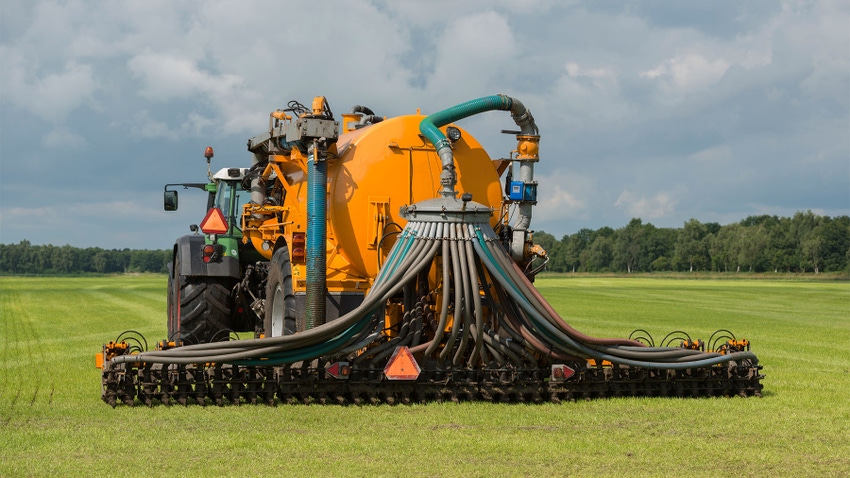March 22, 2024

The Maryland Department of Agriculture reminds producers that they may apply for cost-share funding to help cover the cost of transporting manure to fields with acceptable soil phosphorus levels.
Grants are also available to offset the cost of injecting liquid manure to prevent nutrient runoff and reduce odors.
Program highlights include:
Transporting poultry manure to fields with acceptable soil phosphorus levels or alternative-use projects that can safely utilize the product: Farmers can get up to $28 per ton.
Cost-share grants are available to transport dairy and livestock manure to qualifying fields, covering up to 87.5% of eligible costs.
FastTrack and standard transport options are available for both poultry and dairy or livestock manure.
Poultry manure is not available for this option because of its low moisture content.
FastTrack (haul now, apply later) applications for poultry and dairy or livestock manure are available for download at mda.maryland.gov. Producers who do not qualify for FastTrack can contact their local soil conservation district to apply for standard grants, which require preapproval before manure is transported or injected.
Producers who are planning to transport dairy or livestock manure this spring and summer should be aware that all projects must be completed by Sept. 9. Claims for payment should be submitted to the department’s Conservation Grants Office by Oct. 9.
The department’s Conservation Grants Program administers manure transport and injection grants. To apply for these grants, farmers must be in good standing with the program and in compliance with Maryland’s nutrient management regulations.
To find manure, download the LTTR app or contact a poultry manure broker. For more information, contact the Manure Management Program at 410-841-5864.
Manure management webinar
An upcoming four-hour webinar by Penn State Extension will provide insights and tips on how to effectively manage manure.
The March 27 event, which runs from 10 a.m. to 2 p.m., will begin with a discussion on manure management regulations, featuring experts from the state Department of Environmental Protection and State Conservation Center to assist with questions.
There will then be talks on evaluating manure and getting the most out of it while paying attention to phosphorus and nitrogen. Webinar attendees will also learn how to calculate the required amount of manure based on nutrient content and soil testing. The session will conclude with guidance on spreader calibration and proper manure handling techniques.
Here's the webinar presentation schedule:
10:05 to 10:45 a.m. “Manure regulations overview,” featuring Robb Meinen, assistant research and professor at Penn State, and Jen Weld, director of PAOneStop
10:45 to 11:30 a.m. “Getting the most from your manure,” featuring Charlie White, assistant professor and Extension specialist of soil fertility and nutrient management
Noon. An update from Center for Agricultural Conservation Assistance Training, featuring Genevieve Christ, Extension educator, Penn State
12:15 to 1 p.m. “Managing phosphorus and nitrogen,” featuring Robb Meinen, Penn State
1 to 1:30 p.m. “Calculating manure rates,” featuring Sarah Frame, Extension educator, Penn State
1:40 to 2:10 p.m. “Spreader calibration,” featuring Meinen
2:10 to 2:30 p.m. “Manure handling,” featuring Leon Ressler, Extension educator, Penn State
The webinar offers 3.5 PDA Nutrient Management and Manure Hauler Broker credits to participants who attend. The cost is $10.
You May Also Like




